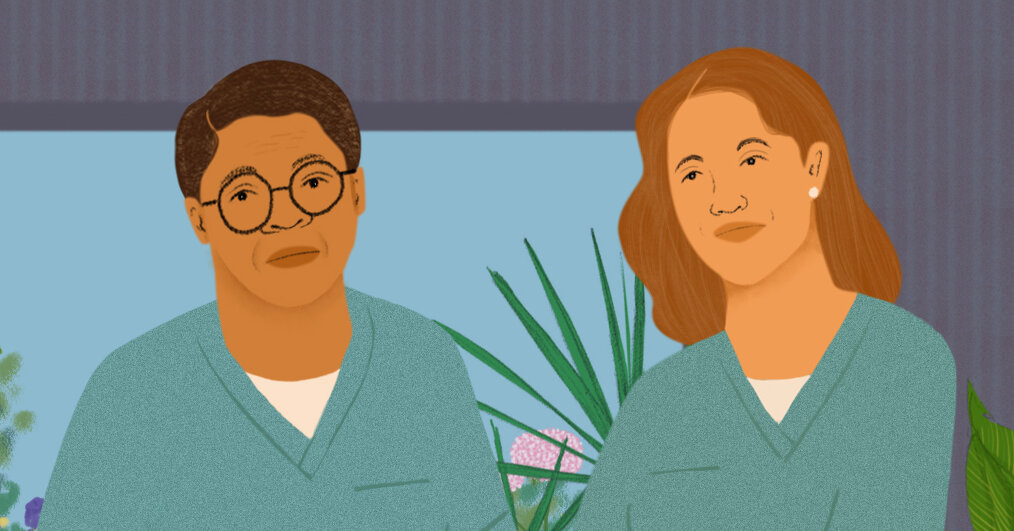The issue, as many medical college students have additionally realized, is that the place “skilled” is imprecise, “unprofessional” is much more so. Relying on who makes the decision, unprofessional habits can imply hugging your program director, letting a bra strap present, sporting braids, donning a swimsuit over the weekend or sporting a “Black Lives Matter” sweatshirt within the E.R.
In consequence, professionalism exists at two ranges, as each a lofty commonplace of habits and a (generally literal) record of dos and don’ts that blur ethics and look. That second which means can show notably pernicious to residents of coloration, stated Dr. Adaira Landry, an adviser at Harvard Medical College and co-author on a latest journal article on the “overpolicing” of Black residents.
The article, revealed in The New England Journal of Medication, provides to rising literature documenting the methods residents of coloration are disciplined or pushed out of medication. In 2015-16, 20 p.c of trainees dismissed from their residency had been Black, though Black college students make up solely 5 p.c of residents, in line with unpublished information from the Accreditation Council for Graduate Medical Training, or A.C.G.M.E.
For college students who didn’t develop up within the tradition of medication or don’t resemble an outdated notion of what a health care provider ought to appear like (white, male, elite), these opaque guidelines can current a minefield. “The setting is so restrictive of what’s allowed that if you behave or look or converse in a different way, it feels prefer it’s unprofessional,” Dr. Landry stated.
Amongst minority college students with whom Dr. Landry works and who’re going through probation or dismissal, she has seen a typical thread. “I’ve by no means had a pupil attain out to me that they’re being kicked out due to an instructional grade,” she stated. “The overwhelming theme is that it’s interpersonal conflicts, labeled as professionalism challenges.”
